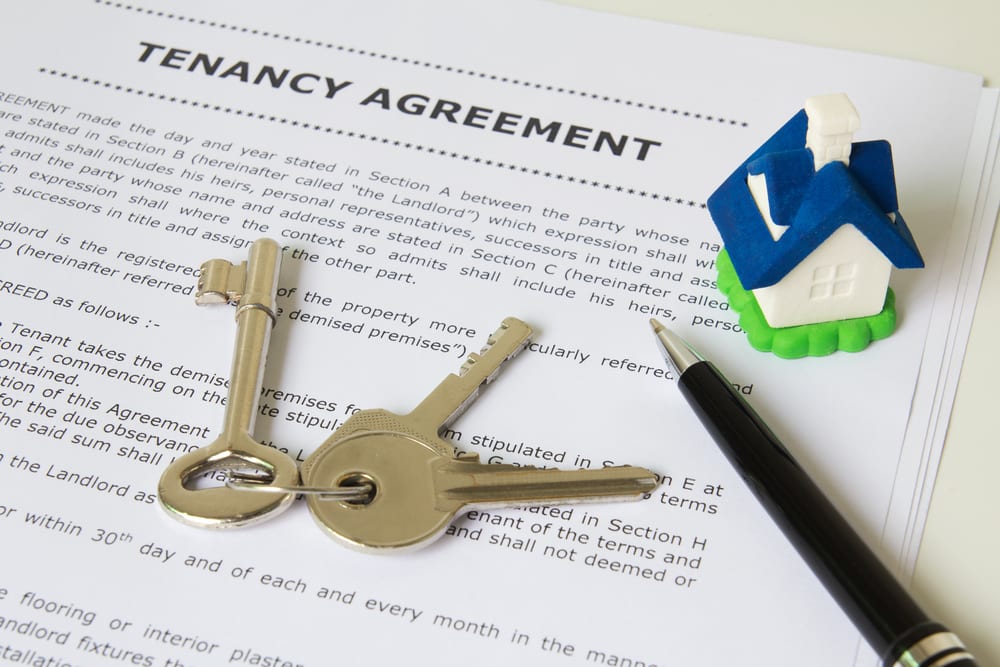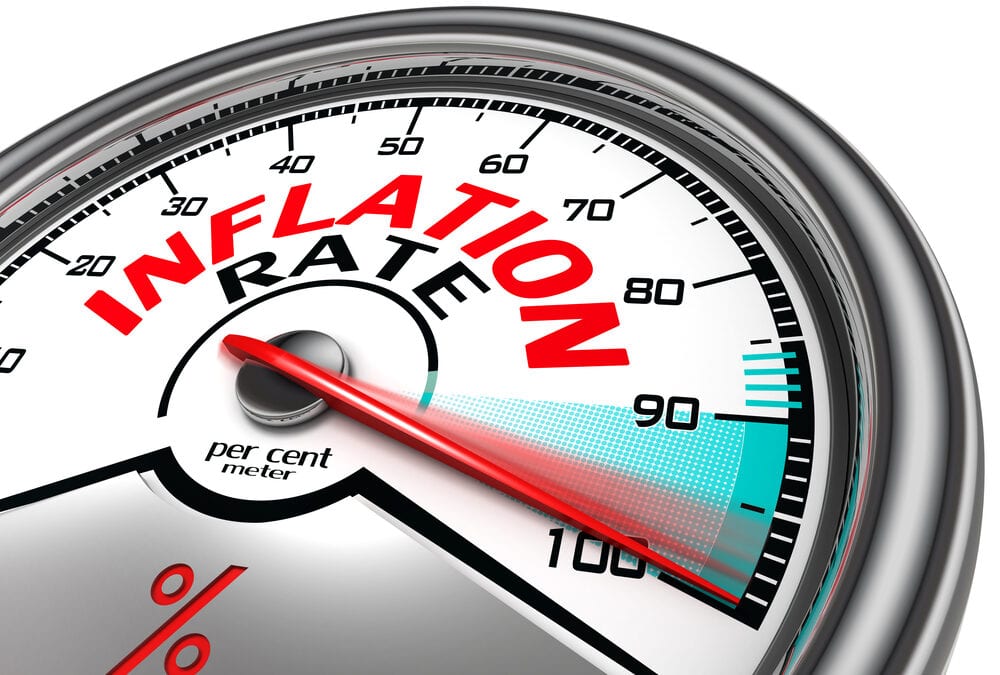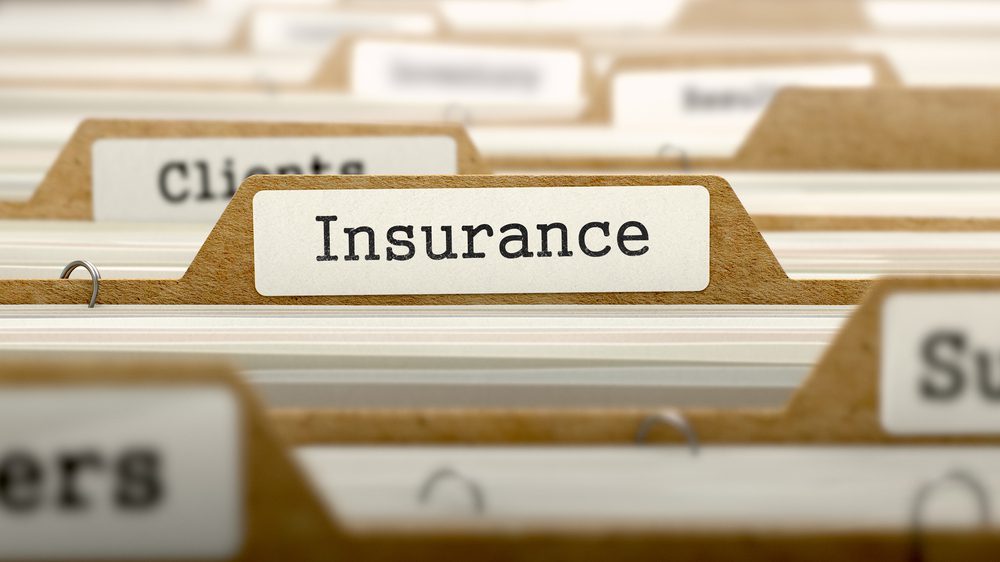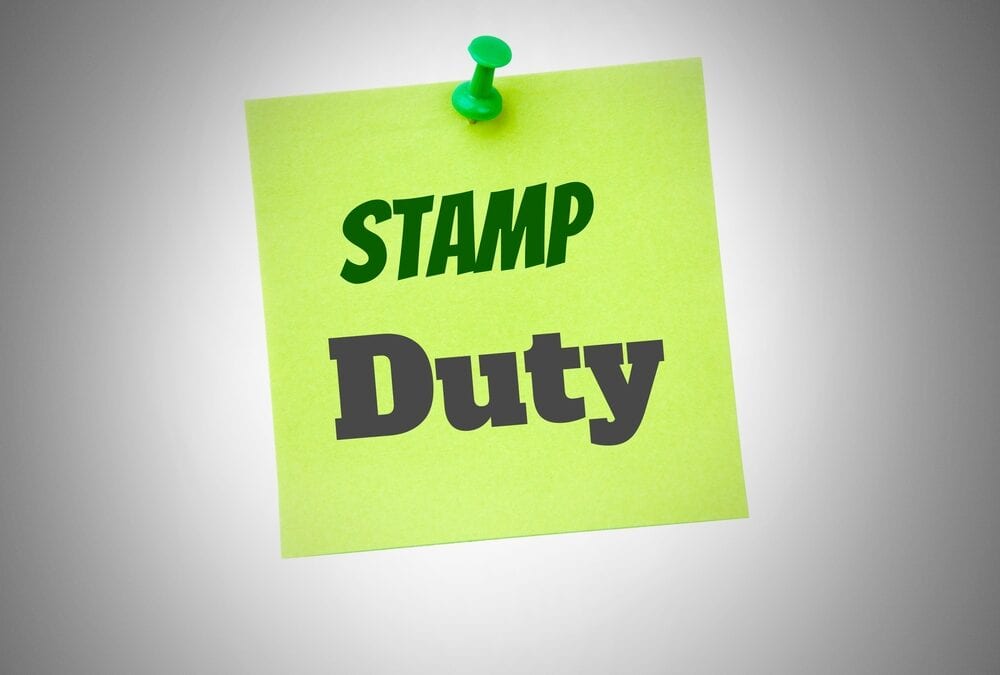
by admin | Jun 18, 2021 | Investment
Eviction protection for tenants is now running out. The exact date it ends varies by country. In England, it’s the 1st of June. Furthermore, the notice period will be reduced from six months to four. Theoretically, therefore, it’s back to “business as usual” for landlords and tenants. In practice, landlords may still have to move carefully. Here are a few points to consider.
Remember the law extends beyond COVID19 measures
If it’s been so long you can’t remember, here are the key points you need to keep in mind when dealing with any tenant.
You are responsible for keeping the property safe
There is no if, but or maybe about this. For as long as a tenant has legal possession of your property, you have to keep it safe and habitable. If a tenant is being difficult about granting you/your representatives access to your property, then it’s highly advisable to document all steps you take to resolve the situation.
It’s also advisable to contact your local authority. They may be able to help, especially if the issue could potentially have a negative impact on other properties. Realistically, however, the aim of contacting a local authority is generally just to make sure they know your side of the story. Otherwise, they might get a garbled version of events from other sources.
Any eviction proceedings must follow due process
Do not be tempted to take any shortcuts here, not even if they seem to be benign, for example, offering your tenant financial assistance to leave. Follow the process to the letter. It may be frustrating. It is, however, likely to be a whole lot less frustrating than the possible results of trying to work around the law.
Keep the Equality Act 2010 in mind
These days, it’s not just enough to avoid discrimination on the basis of protected criteria (direct or indirect). You need to be able to demonstrate that you have avoided discrimination on the basis of protected criteria. Effectively, this means that you don’t just need an audit trail of what you did but a log of why you did it. This will show that you use a legally-robust process to reach your decisions.
Lender forbearance also extends beyond COVID19 measures
A lot of the “COVID19 support measures” were essentially just variations on standard lender-forbearance requirements. In fact, the only real difference was that people could self-certify rather than having to go through a lender’s standard approval procedure. That is now ended and hopefully, it will not need to be brought back.
There is, however, still support for people who need it. That includes landlords who are struggling to make their mortgage payments for any reason. If the reason is due to a tenant not paying rent, then the lender would be expected to work with the landlord to come to an arrangement everyone can manage.
If you’re having issues with a tenant (or anything else), it’s advisable to contact your lender as early as possible. Remember, it’s in their interests to work cooperatively with you. Leaving aside the regulators, they have public opinion to think about, especially after 2008.
Landlord forbearance should also extend beyond COVID19 measures
Just because you can now evict your tenants, it doesn’t mean that you should. If a tenant is generally “low-maintenance”, then it may be in your best interests to give them some breathing space to get back on their feet.
After all, if you evict them, then not only will you have the eviction expense but you could also have a void period. What’s more, there’s no guarantee that any future tenant will be an improvement on the current one, at least not over the long term.
The reality is that the UK economy is probably going to need some time to recover from the pandemic (and Brexit). Until then, any tenant could potentially struggle for a while. In most cases, learning to work with this will prove better than resorting to evictions.
Please contact us for any more information

by admin | Jun 11, 2021 | Mortgage News
According to the Office for National Statistics, UK inflation more than doubled from March (0.7%) to April (1.5%). At any other time, this data might have been met with gasps of pure horror. Right now, however, the situation is a lot more complicated. Here’s a quick guide to what you need to know.
The world is finally getting back to business
COVID19 is not yet consigned to oblivion but it’s getting there. This is allowing the world, in general, to get back to business. Of course, with so many businesses having been mothballed for most, if not all, of the last year or so, there’s a lot of catching up to do. In particular, the logistics industry needs to deal with a serious backlog – and the recent issue with the Suez Canal didn’t help with that.
This means that right now supply-side issues are limiting the availability of some items right at a time when demand is increasing. Businesses are opening up again, so more jobs are becoming available. Furloughed workers are returning and remote workers are starting to go back to the office at least part of the time. In some cases at least, this will mean them spending money on purchases such as clothes, transport and convenience food and drink.
Overall, therefore, it’s hardly a surprise that UK inflation has shot up. In fact, it would arguably have been more of a surprise if it hadn’t. That doesn’t mean that the increase is welcome news to everyone. As always, there are two sides to every story.
Why inflation is bad news
Inflation basically means rising prices. If you’re in strong economic shape, then you can absorb them. If, however, you’re not, then they can be extremely painful. The financial impact of the pandemic has been extremely uneven, to put it mildly. A few people have, quite bluntly, done extremely well out of it. Most people have been able to get by, albeit possibly only just.
For some people, however, the pandemic has wrought serious havoc on their finances. What’s more, a lot of these people would probably have been living on the financial edge anyway. These people may have to deal with prices rising ahead of their income. They may also face the prospect of interest rates rising in line with inflation. This would make using credit as a stopgap even more expensive.
If interest rates do go up, then the cost of mortgages may go up with them. This is, however, also variable, at least in the short term. If new buyers have opted for fixed-interest loans then interest-rate changes will not affect them until the fixed-term runs out. Established buyers with variable-interest loans could switch to a new deal. Those most in danger, therefore, are recent buyers with variable-rate loans.
Why inflation is good news
Inflation encourages people to get out and spend. In short, the message is that you can either buy now or risk the price going up later. Obviously, there are limits to this. If people can’t afford something now then they can’t buy it regardless of whether or not it seems like a good deal. What’s more, if inflation gets seriously out of control then it may result in major social upheaval.
The UK is, however, a long way off this. Although 1.5% is way above 0.7%, it’s still comfortably below the Bank of England’s inflation target of 2% with a 1% margin of error in either direction. In fact, 0.7% inflation was actually too low to be desirable. Under normal circumstances, the Bank of England would have been expected to take corrective action.
In short, therefore, the surge in inflation is essentially just a sign that the UK’s economy is starting to get back to where it should be. That fact should be welcomed by everyone.
Think carefully before securing other debts against your home. Your home may be repossessed if you do not keep up
repayments on your mortgage
Please contact us for any more information

by admin | May 14, 2021 | Insurance News
It may seem rather ironic to be thinking about home insurance just when everyone can finally get out of their home. On the other hand, most people are going to need, or at least want, to start brushing up their finances. Getting the right home insurance can be a major part of that. Here are some tips to help.
Give yourself time to do your research
Ideally, you want to start looking for a new deal 6-8 weeks before your current one expires (or you get the keys to your new home). That’s late enough that prices are going to be fairly current. It’s also early enough that you should be able to review all reasonable options before making your choice. Whatever you do, avoid just taking out insurance with your mortgage provider.
Give yourself time to brush up your credit record
There are two reasons why insurers are likely to check your credit record. The first is just as a means of verifying your identity. This is just one (more) reason to make sure that your credit record is accurate.
In particular, you need to make sure that all the contact details on your financial products point to your current home address. Also, make sure that you’re on the electoral roll.
The second is to decide if they’re going to offer you the option to pay in instalments and, if so, at what price.
Consider using an insurance broker
In simple terms, the more money you’re spending, the more you could save by using a broker to find you the best deal. This is in addition to the time you’ll save yourself. This means that there’s a lot to be said for using a broker for any major purchase, such as a mortgage.
Realistically, home insurance can be more of a grey area. Some people might be paying enough to justify the fees/commission. Other people might not think it was worth it. If you have a standard property, especially a starter one, and just want a basic policy, then you could probably bag at least a decent deal just by doing your own research.
Remember you’re covering the rebuilding cost
After just taking out home insurance with your mortgage provider, this must be one of the most common and costliest mistakes in home insurance. You are not covering the sales value of your home. You are covering the rebuilding cost of your home. There is generally a significant difference between the two because you will not have to repurchase the land you already own.
Review your excess
Increasing your excess can help to lower your premium. Of course, you need to be confident that you could absorb the excess if necessary. In other words, consider this as an option, just make sure that you use it cautiously, if at all.
See if you can pay upfront
If you pay your fees in instalments, then your insurer is, effectively, giving you credit. They will probably charge for this. How much they charge will generally depend partly on their approach and partly on your credit record. There are, however, usually some savings to be made if you can pay the full year upfront.
Make sure you know what you’re covering
Read the policy carefully and make sure you are 100% clear about what it covers and, by extension, what it doesn’t. In particular, make sure that any areas outside the main property have suitable cover. This could mean anything from a communal stairway in a flat to outbuildings in a house with a garden.
Keep in mind that home insurance can mean exactly that. In other words, it may not cover gardens and outbuildings unless you specifically request it and pay extra.
Please contact us for any more information

by admin | May 7, 2021 | Mortgage News
When it comes to housing deposits, bigger is better. That said, it’s also important not to overstretch yourself. Here are some points to consider when figuring out how much deposit you can really afford.
What are your overall moving costs?
As a buyer, here are some of the main costs you should consider when moving home:
- Travel to view homes
- Surveying fees
- Conveyancing fees
- Mortgage-administration fees
- Home-moving fees
You’ll also need to think about necessary updates, maintenance and running costs in your new home. Keep in mind that any existing services you use may change their price to reflect your house move. You may also find that some of your existing possessions aren’t suitable for your new home.
In addition to all of the above, it’s advisable to allow yourself a bit of financial “breathing space”. This can give you a bit of room to manoeuvre when life happens. It can also ease your transition into your new home. For example, if you’ve spent a day painting, you may not fancy cooking so you might get a takeaway instead. This can increase your food spend.
What is your financial outlook for the future?
If you want a mortgage, you’re going to need to convince your lender that you can afford it. Separately to that, you, personally, need to think about your financial outlook for the future. In basic terms, there are three questions you need to answer.
Firstly, how much income can you reasonably expect to earn over the next five years or so? Secondly, how do you anticipate that income coming in? For example, will you have a consistent monthly salary or do you expect your income to go up and down? Thirdly, what factors will influence your finances? For example, are there any major life events coming up?
The answers to these questions will help you decide what level of savings you need. This in turn will guide you as to how much money you can afford to put towards buying a new home. Remember, however, that the cost of buying a new home goes beyond the deposit. Per the previous comments, resist any temptation to overstretch yourself.
How much money can you afford to put away now?
If you plan to save for your deposit via instant-access savings accounts, then, by definition, you’ll be able to access your money if you need it. If, however, you plan to use some other route, for example, bonds or the stock market, then you may have to lock your money away for a time. What’s more, if you go down the investment route, you put your capital at risk.
Even if you’re using instant-access savings accounts, you may find it easier to make plans if you have a realistic idea of how much of your savings you can keep over the long-term. Obviously, even the best-laid plans can be derailed by what life has in store. That said, you can mitigate this risk by making sure that you have appropriate insurance cover.
In the real world, saving up for a deposit (or anything else) is partly a matter of income and partly a matter of focus. Your income will determine how much of a surplus you have after paying your essential expenses. Your level of focus will determine how much of your disposable income goes toward your deposit.
Keep in mind that building a deposit is an exercise in financial management. It’s not a race. There are no prizes for getting to the “finish line” before anyone else. You just have to decide for yourself how much you want to save for a house versus how much you want to use your money in other ways.
Please contact us for any more information.
Think carefully before securing other debts against your home. Your home may be repossessed if you do not keep up repayments on your mortgage
For savings and investments, we act as introducers only

by admin | Apr 23, 2021 | Mortgage News
Desperate times call for desperate measures. The COVID19 pandemic called for the government to take strong actions. One of those actions was the Stamp Duty holiday. Now that it has been in place for six months, its impact can be assessed. In short, people can now ask whether or not it was (and still is) a good idea.
The housing market since March 2020
Lockdown one was horrendous news for just about every sector of the UK’s economy. The property sector was particularly hard hit. Spring is the property market’s “festive season”. It’s when buyers shake off their winter slumbers and start house-hunting. There is generally a lull in summer followed by an uplift in autumn and then winter hibernation.
It would have been bad enough if lockdown one had lasted three weeks as originally announced. Instead, however, it dragged on until July. If the property market had followed its usual cycle, the property market could have had a six-month slump. Instead, the government stepped in with the Stamp Duty holiday.
Since then, overall, the only way has been up. According to data from the Halifax, house prices in March 2021 were 6.5% higher than in March 2020. To put that in figures, the average house has gone from costing £239,176 to costing £254,606. That’s an increase of almost £1.3K per month over the last 12 months.
The impact of the Stamp Duty holiday
The Stamp Duty holiday still has another 6 months to run (of which three will be at a reduced discount). It’s therefore too early even to attempt a full cost/benefit analysis. It’s also impossible to know what would have happened if the Chancellor hadn’t offered the tax break.
The housing market could have gone into a six-month downturn but then picked up again in autumn as usual. That said, lockdown two and tiered restrictions might have made this more difficult. Without any unusual motivation, buyers might just have decided to wait out both COVID19 and Brexit and reassess at a later date.
If that had happened, it could have serious repercussions for the housing market. With minimal buyer demand, sellers would have faced the prospect of lengthy sales times and/or lower sales prices. A slowdown in the property market would, of course, have impacted everyone connected with it and that’s a lot of people.
The real estate sector is not just a major source of direct employment. It also generates significant activity in many other sectors. In fact, during the lockdown, home-related businesses which were able to keep going did great business as people worked on improving their homes.
So was the Stamp Duty holiday really a good idea?
Perhaps it would be fair to say that the Stamp Duty holiday was, in principle, a good idea. It just wasn’t implemented as well as it could have been. For example, the Chancellor could have tapered the relief according to the price of the home. He could also have offered some sort of extra benefit to first-time buyers so that they kept an advantage over onward movers.
He could also have based the relief on the exchange date rather than the completion date. Admittedly, he would probably have had to put some kind of deadline on completion. This could, however, have been made fairly generous to allow for COVID19-related delays.
This last point would have helped to avoid buyers finding themselves pushed towards a “cliff-edge”. The government has now lengthened the journey to the edge and made the landing slightly smoother. At the end of the day, however, buyers are still going to be looking at two fairly steep tax changes coming up in 2021.
Think carefully before securing other debts against your home. Your home may be repossessed if you do not keep up repayments on your mortgage






Recent Comments